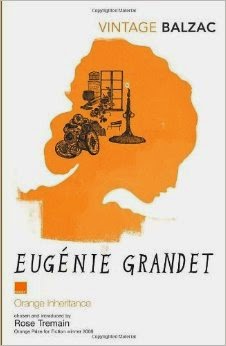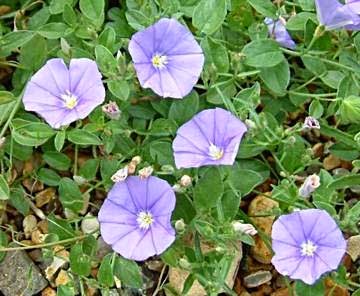 I'm reading Eugénie Grandet by Balzac for Paris in July & Dreaming of France.
I'm reading Eugénie Grandet by Balzac for Paris in July & Dreaming of France.And I've come across quite a few unknown words...so it's time to jump on board Wondrous Words Wednesday again!
The early chapters of Eugénie are about establishing the scene. Researching this post, especially hunting down the pictures, has really helped me to embed myself in the town of Samaur.
"...lovers of the Middle Ages will here find the ouvrouére of our forefathers in all its naive simplicity."
It wasn't easy to find a definitive definition for ouvrouére,but the closest I found came through a French/English translation site where one of the possibilities was 'open mindedness' & this seemed to fit the context.
"...Monsieur Grandet (who was supposed to have worn the Phrygian cap)..."
 Wikipedia:
Wikipedia:"The Phrygian cap is a soft conical cap with the top pulled forward, associated in antiquity with the inhabitants of Illyria, a region of North West Ballkan peninsula. In early modern Europe it came to signify freedom and the pursuit of liberty. In revolutionary France, the cap or bonnet rouge was first seen publicly in May 1790, at a festival in Troyes adorning a statue representing the nation, and at Lyon, on a lance carried by the goddess Libertas. To this day the national emblem of France, Marianne, is shown wearing a Phrygian cap."
"The two pillars and the arch, which made the porte-cochére (see previous entry for this word) on which the door opened, were built, like the house itself, of tufa - a white stone peculiar to the shores of the Loire, and so soft that it lasts hardly more than two centuries. Numberless irregular holes, capriciously bored or eaten out by the inclemency of the weather, gave an appearance of the vermiculated stonework of French architecture...."
 |
| Tufa stone - Balzac's description was detailed but I couldn't picture it. Now I can! |
 |
| Verticulated block |
 |
| Samaur by Willmore 1833 |
 |
| pellitory |
 |
| bindwind |
"...a variety of chance growths had sprung up - yellow pellitory, bindwind, convolvuli, nettles, plantain..."
 |
| convolvulus |
 |
| nettle |
 |
| plantain |



you are an incredibly patient reader, to look up all the words you haven't seen before!
ReplyDeleteAs you will see by my irregular participation in WWW, I don't do it all the time, for all the words.
DeleteBut I'm always glad when I do - when porte-cochére appeared in this story, I knew exactly what the front of the house looked like, thanks to the research I did for this word last year :-)
I've never participated in Wonderous Words Wednesday. It sounds awesome! I'll have to join in sometime. Paris in July is almost over. Boo hoo. I think my Paris reading is going to go into August.
ReplyDeleteI feel the same way Heidi, although next month is Austen in August.......time for me to jump across the channel when I finish Eugenie :-)
DeleteThis sounds like a lot of work, but well worth it, I hope.
ReplyDeleteCuriously it's not work for me...I just love doing it! Mr Books has been known to refer to me as his little book-nerd!
DeleteI love being able to picture where my characters are, what kind of house they live in, the clothes they wear etc.
Those are some great word! I'm wondering how ouvrouére is pronounced.
ReplyDeletePronunciation is definitely NOT my specialty!!
DeleteI enjoyed your flower paintings and the meaning of the words. I really liked learning about the cap.
ReplyDeleteI had known about the 'bonnet rouge' thanks to all my reading of the French Revolution, but this was the first time I had heard it referred to as the Phyrgian cap. I was pleased to learn of its even older historical significance.
DeleteWow! I'm really glad you did so much research ... none of these terms would have made sense to me without the pictures and descriptions. Thank you.
ReplyDeleteThanks, although I'm not sure how often I will get to use any of these words in my everyday sentences (except the plants perhaps)!
Delete